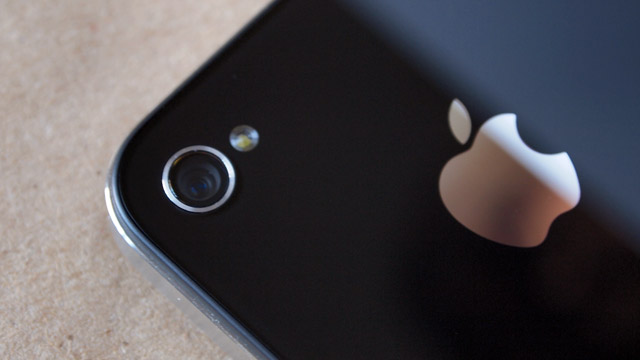
Apple won't be able to lay claim to two patents currently owned by Kodak, according to US Bankruptcy Judge Allan Gropper. Gropper ruled that Apple had waited too long to claim ownership of two patents related to digital camera technology on Thursday (hat tip to Bloomberg), thereby allowing Kodak's chapter 11 bankruptcy proceeding to continue on schedule.
Kodak and Apple had worked together between 1992 and 1994 to develop "certain digital camera technology," and in December of 1994, the companies entered an agreement saying each party retained ownership of its own intellectual property. But Apple later accused Kodak of breaching that contract and thereby claimed full ownership of the 10 patents in question. A company named FlashPoint Technology then claimed it entered an agreement with Apple in 1996 that would assign any rights that Apple might have owned to FlashPoint instead.
As a result, Kodak filed suit against Apple and FlashPoint in June of this year for allegedly attempting to "delay and derail Kodak's efforts" to sell its "Digital Capture" patent portfolio by claiming that they own the 10 patents. Kodak also accused Apple of being the "single largest infringer of patents in the Digital Capture Portfolio and also a potential purchaser of those patents."
But two of those 10 claims were made too late in the process, according to Judge Gropper. "If Apple’s claims proceed despite their unreasonably delayed commencement, Kodak might have to go back to the drawing board for ways to fund its case," Gropper wrote in his ruling. But Kodak didn't come away with a full win—Gropper denied Kodak's request for a summary judgement in its favor on the other eight patents.
Kodak also lost an International Trade Commission case against Apple and RIM recently. In July, the ITC upheld an earlier ruling that Kodak's claims on a digital image preview patent—one of the same ones involved in the bankruptcy proceeding—were invalid due to "obviousness." As a result, Apple and RIM were not found to be in violation of the patent, though Apple was equally unsuccessful in its own ITC countersuit against Kodak for allegedly violating two of its own digital imaging patents.
reader comments
34